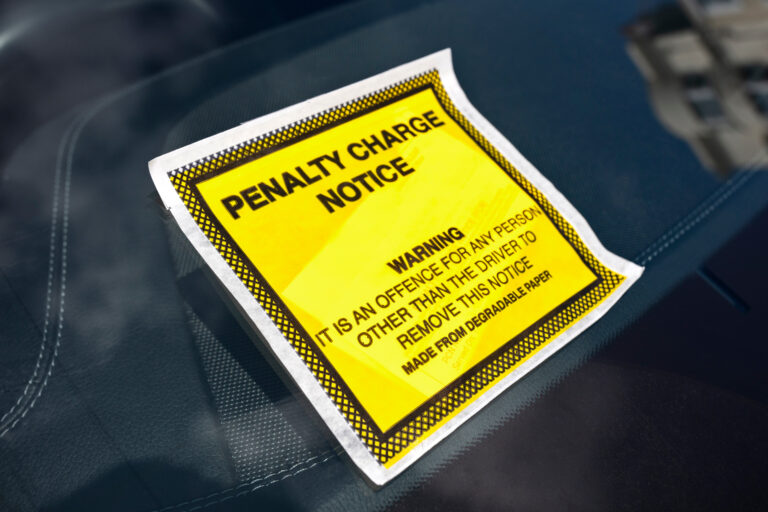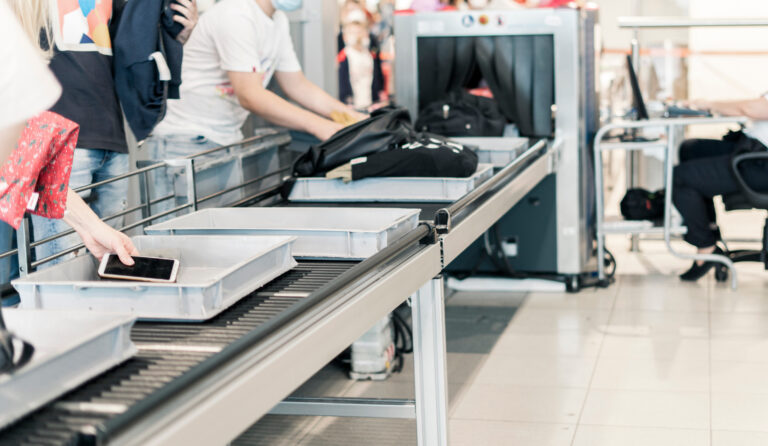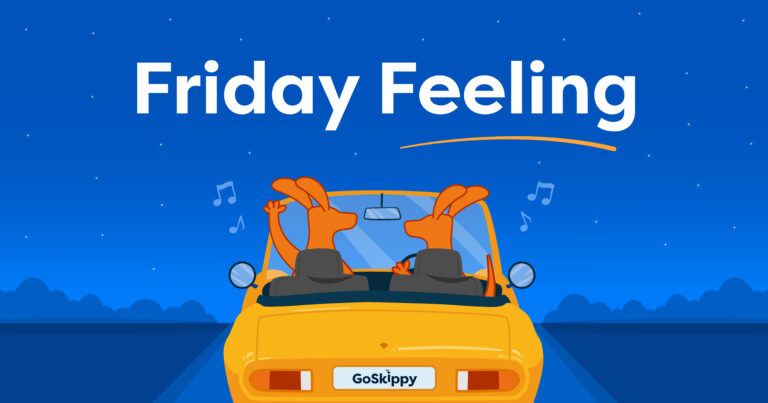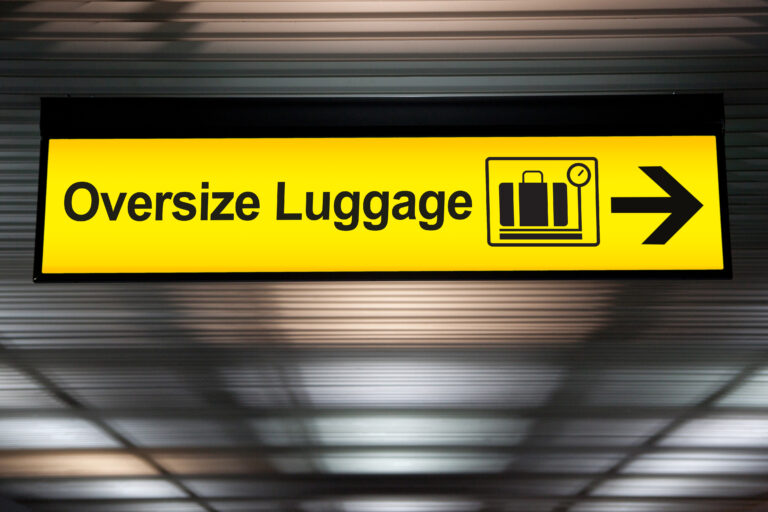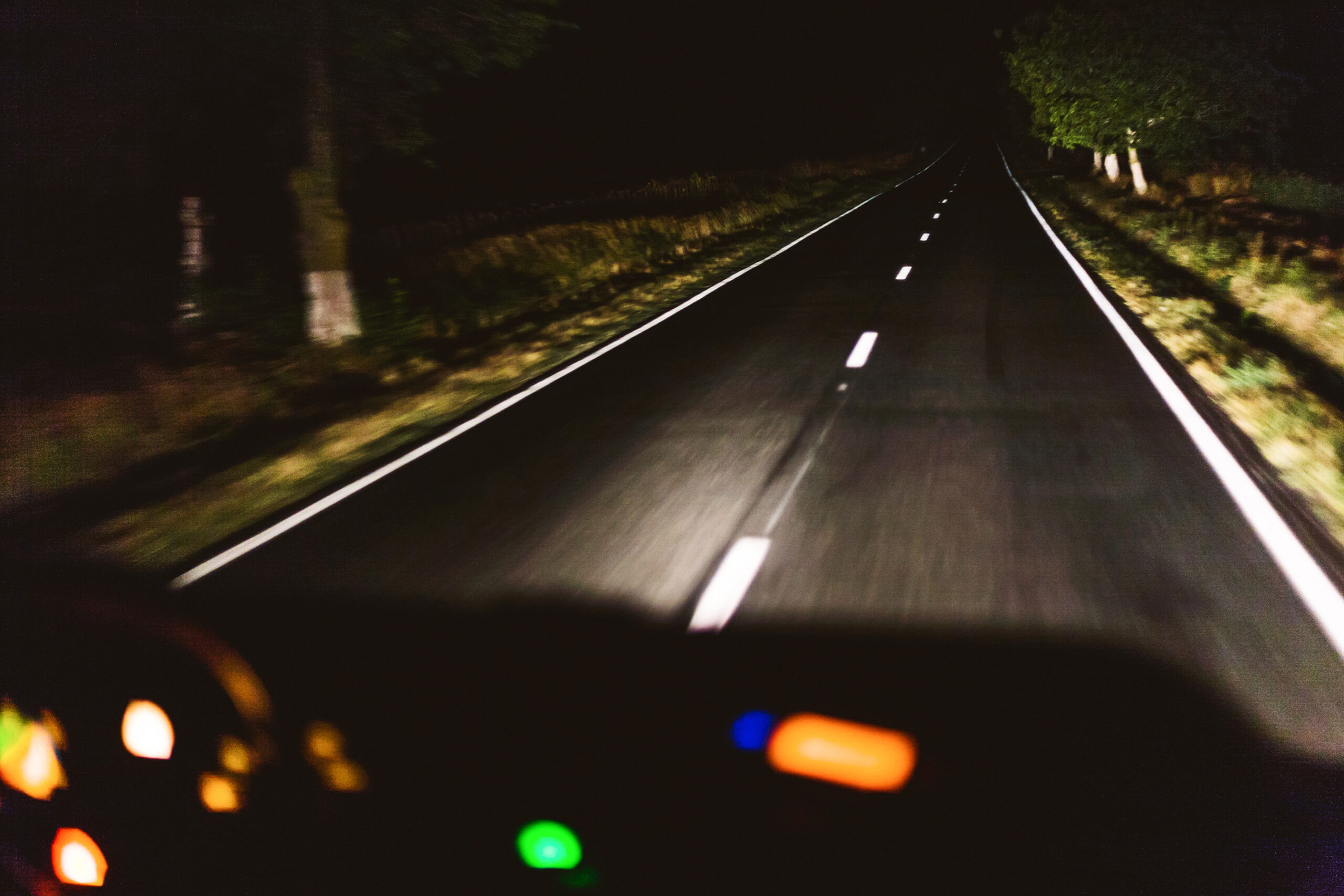
5 Tips for driving at night
Now the clocks have gone back you may find yourself driving a lot more in the dark. Driving at night can be stressful. Your visibility is reduced, there’s the blinding headlights and there’s the increased worry of animals running out in front of you.
So, we’ve put together 5 tips to help you feel more confident when it comes to driving at night.
1. Know the Rules about correct lighting
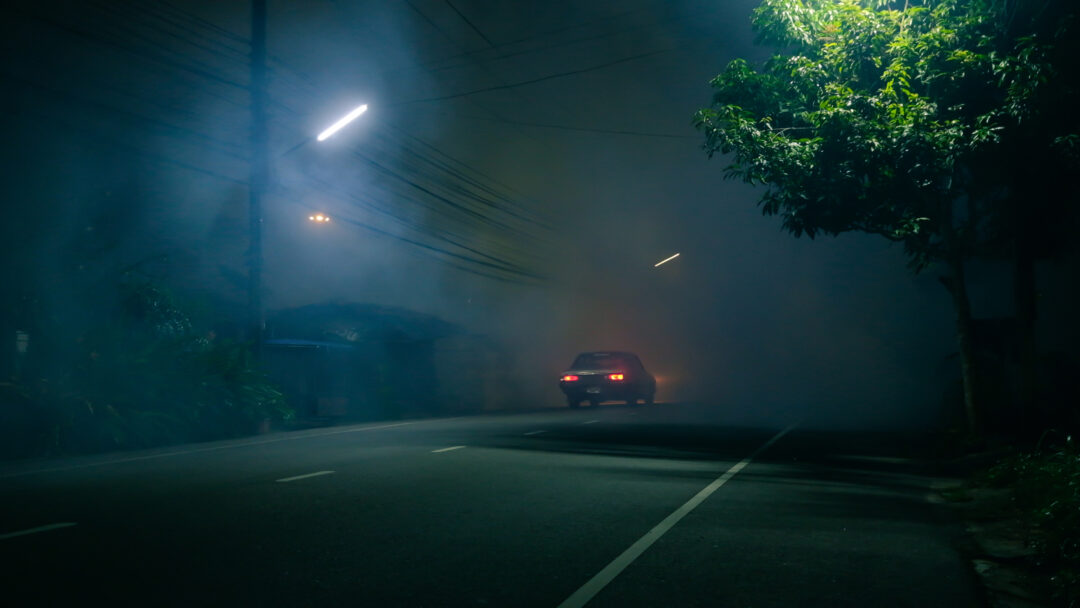
Getting your car lighting right is very important when driving at night. You need to be visible to other road users, and they need to see you clearly too.
In fact, there are laws when it comes to vehicle lighting.
- As stated under rule 113 of the highway code “You must ensure all sidelights and rear registration plate lights are lit between sunrise and sunset” and “you must use headlights at night”.
Test all your lights are working regularly. You can do this by switching them on with normal beam then high beam and walk around the car. Or by asking a friend to observe your car while you press down your brake lights and test your indicators.
If your vehicle breaks down, you should switch on your hazard warning lights both at night and during the day. This is so other road users can see that your vehicle is not fully working and could be obstructing the road.
2. Be wary of tiredness
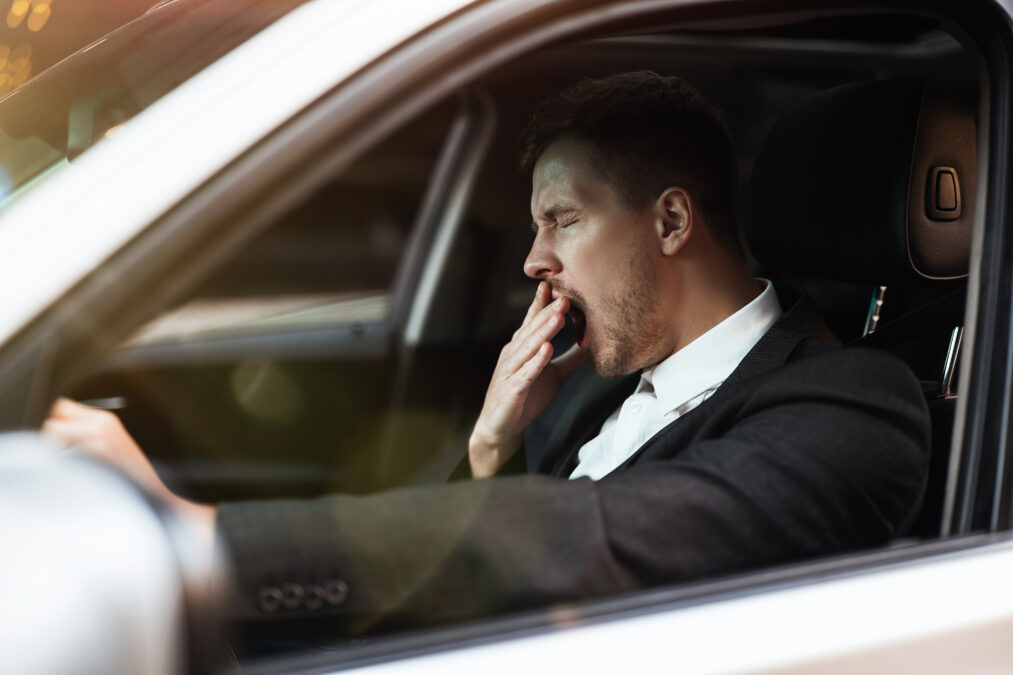
Night driving can be tiring if you’d had a long day. It’s essential that if you start feeling tired while driving to stop in a safe place, take a break and get some fresh air. If any of the following starts happening to you, it’s important you rest as soon as possible:
- Hitting the rumble strip on certain roads, like the motorway
- Can’t stop yawning
- Struggling to keep your eyes open
- You find yourself falling asleep for small amounts of time (micro sleeps)
Remember you’re not the only one who might get tired driving at night. Another tired road user may start to swerve or have slower reactions. It’s important to take this into account and keep a good distance from the vehicle in front of you.
3. Watch our for hazards
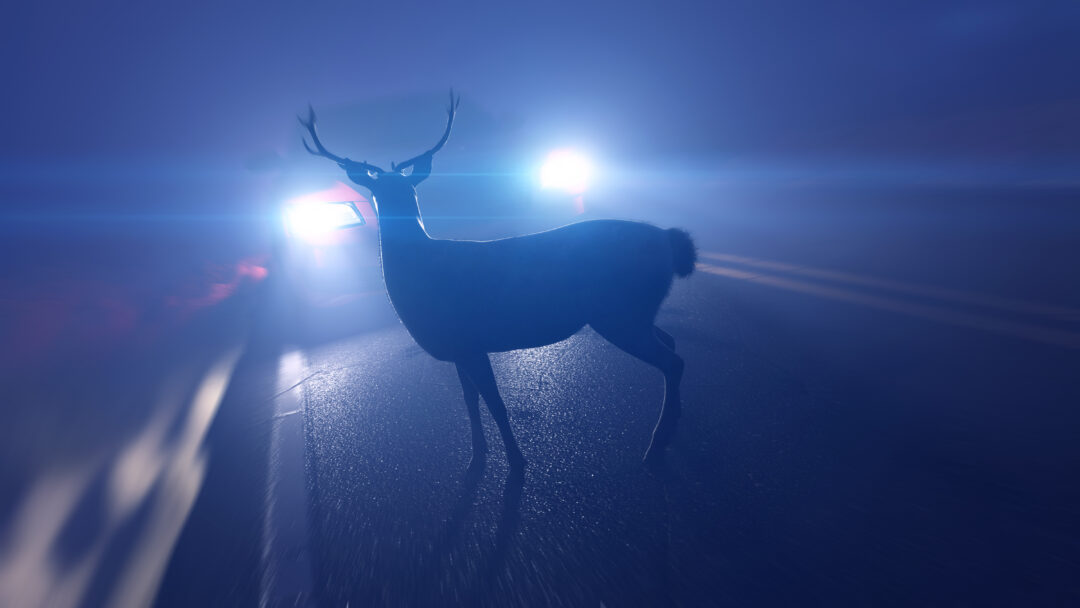
Driving at night significantly reduces visibility. This could be other road users, pedestrians or cyclists – especially if they’re wearing dark and non-reflective clothing. Be aware of poorly lit areas and use more caution here.
Animals are also more likely to be out and about at night, especially on country roads. Deer, badgers, foxes and pheasants are the usual suspects that can cause damage to your car if hit at high speeds. Be prepared to react by reducing your speed and being on guard for any unexpected animals jumping out in front of you.
4. Get your eyes tested
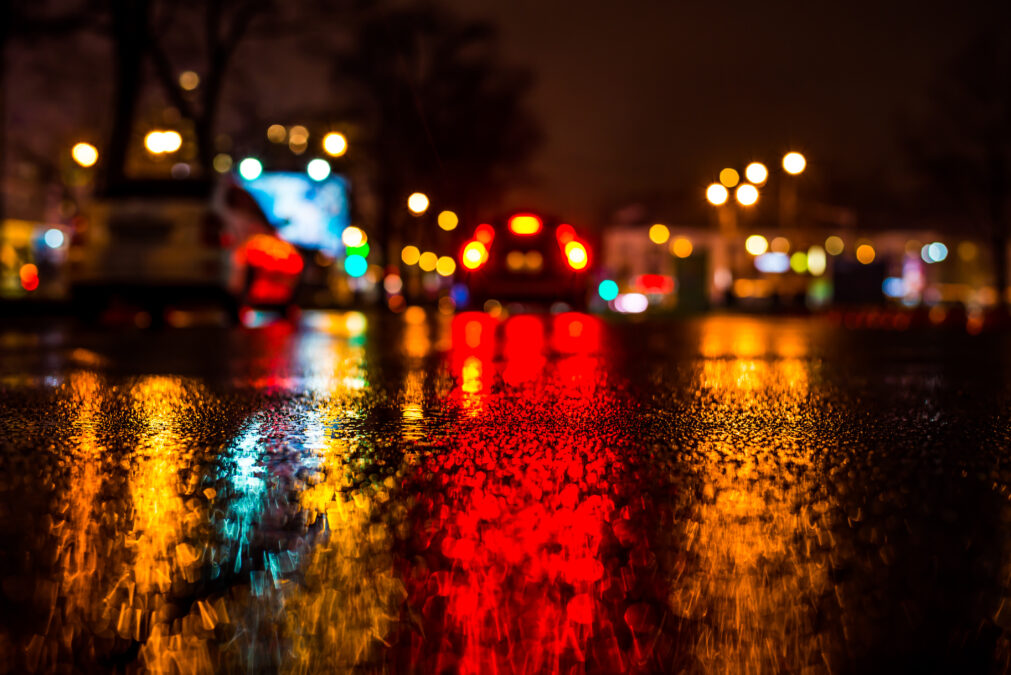
For some people driving at night can be more difficult as your eyes have to adjust to the reduced lighting levels. This is especially true for people who have a condition called Astigmatism. This is a condition that means your eye is shaped more like a rugby ball than a football. It can cause blurry vision at night as light is focused at more than one place in the eye[1]. At night, blurry vision becomes worse as distorted lights can cause drivers to squint, restricting vision even further[2].
It’s important to get your eyes tested regularly and wear the correct prescription glasses or contact lenses when driving to ensure you have the best view of the road ahead. Most optometrists recommend once every two years, but if you think you have a vision issue – head to your optician straight away.
5. Carry essentials in case of emergency
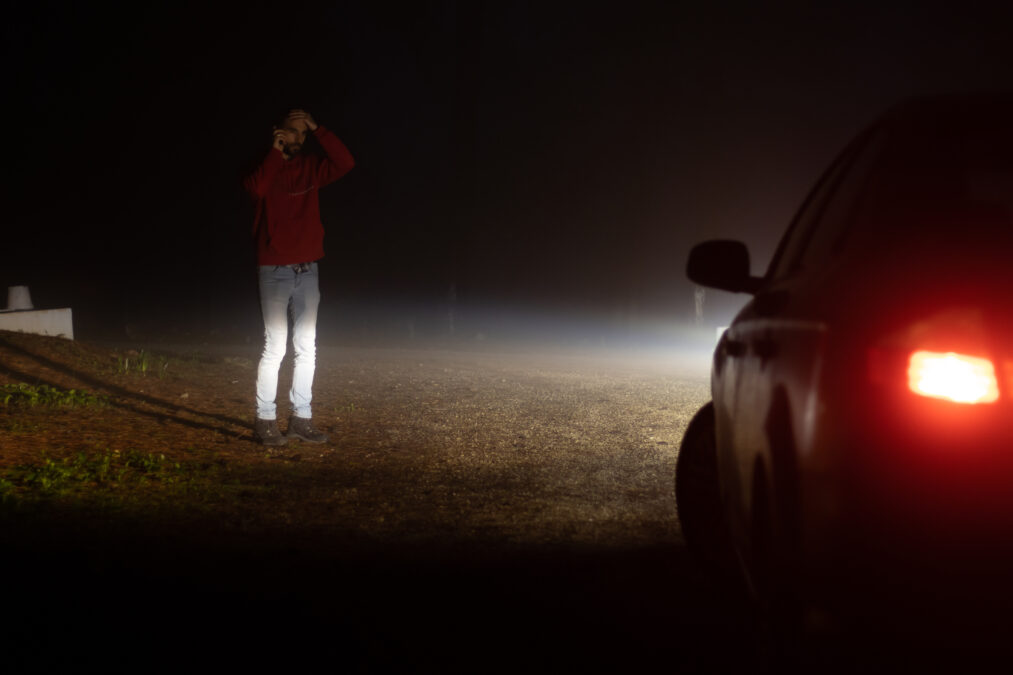
Every driver should be prepared for the worst if your vehicle breaks down – especially at night. At night it’s harder to get other drivers attention safely and the temperature tends to drop. Make sure you have some essentials in your boot such a torch, a warm jacket (with a hood), a high visibility jacket and a reflective triangle.
Find out more about essentials you need in your car.
Most importantly, don’t forget it’s a legal requirement to be insured on the vehicle you’re driving. Even if it is just a short trip home from a friend’s place late at night!
Get a car insurance quote today, with GoSkippy
